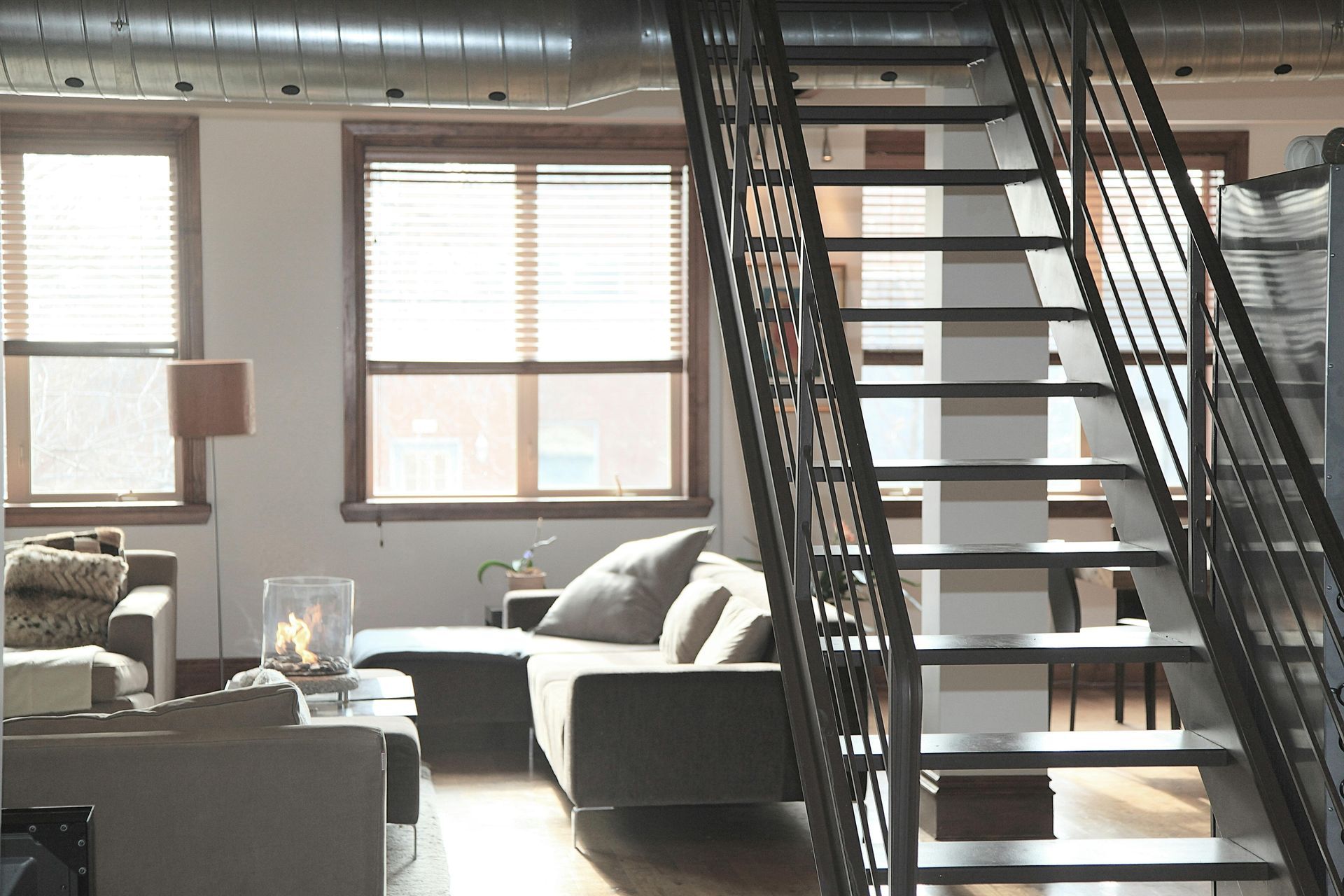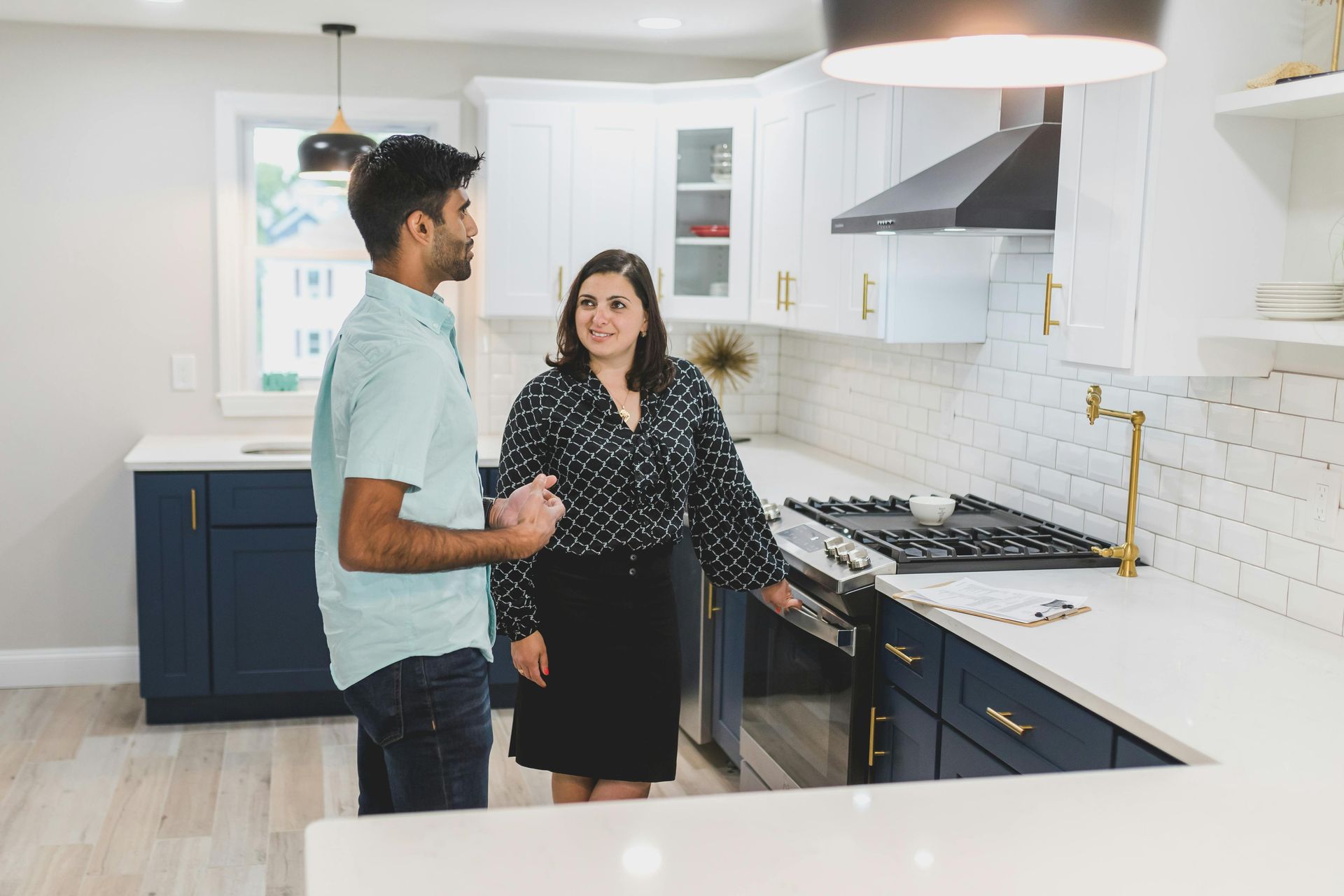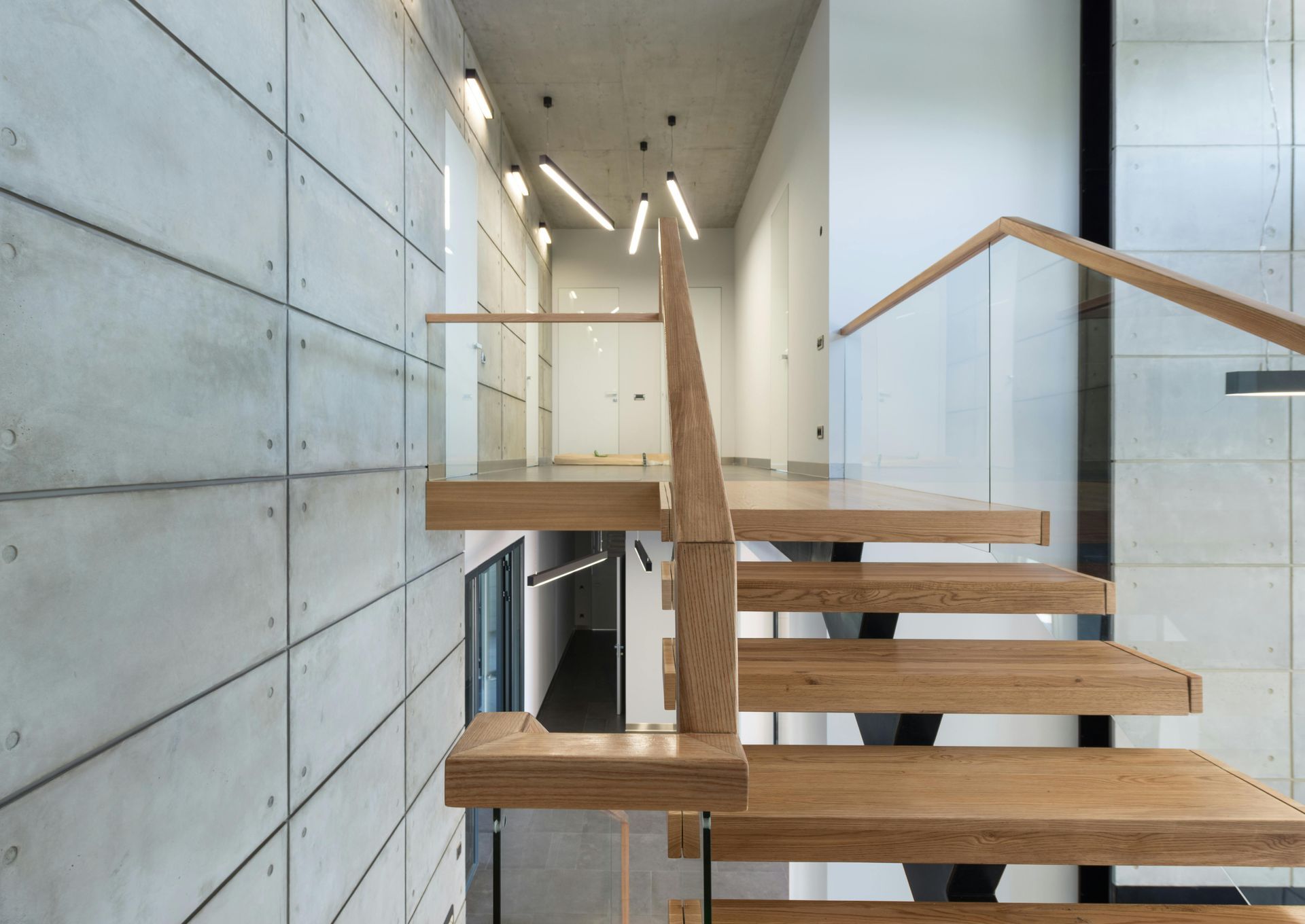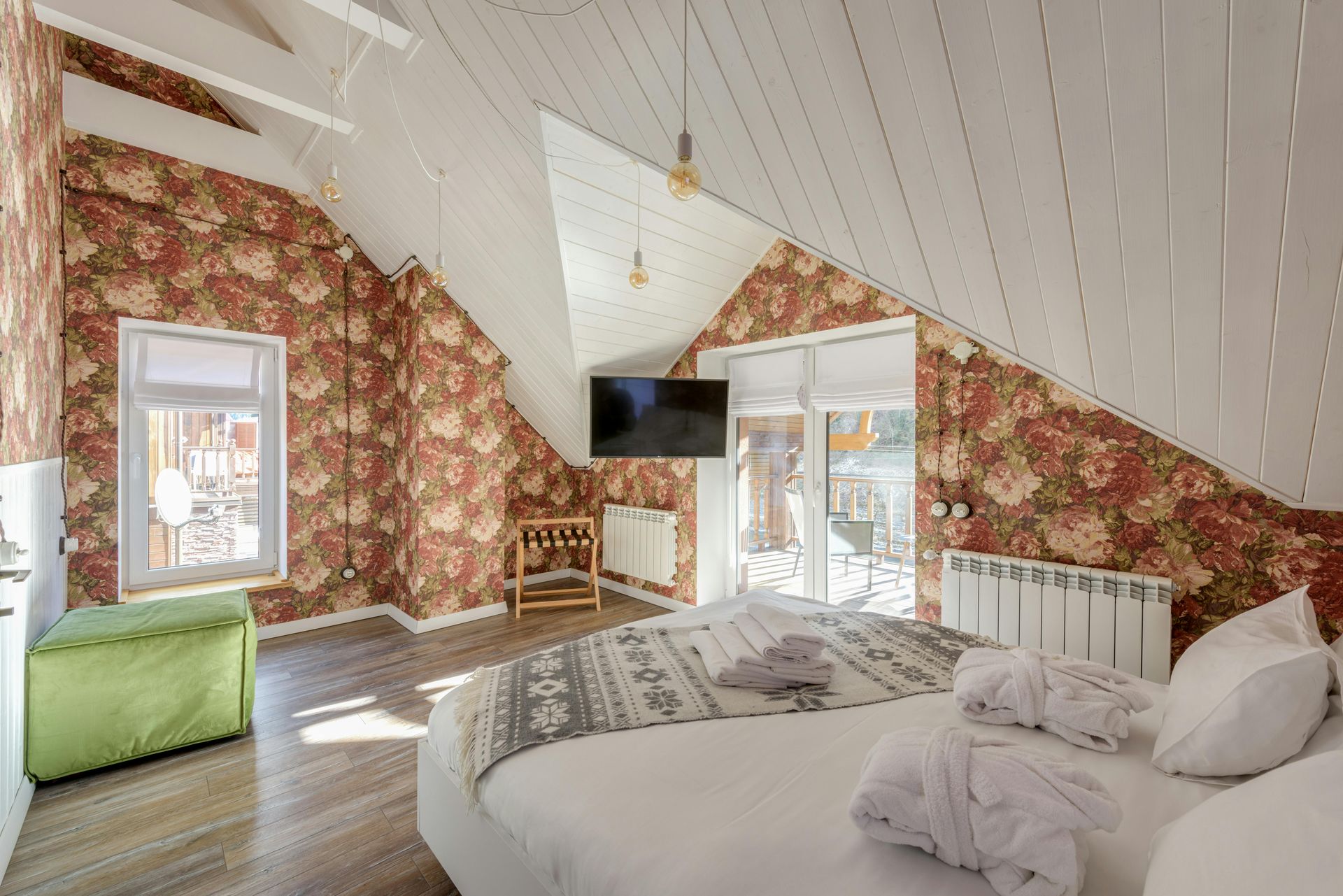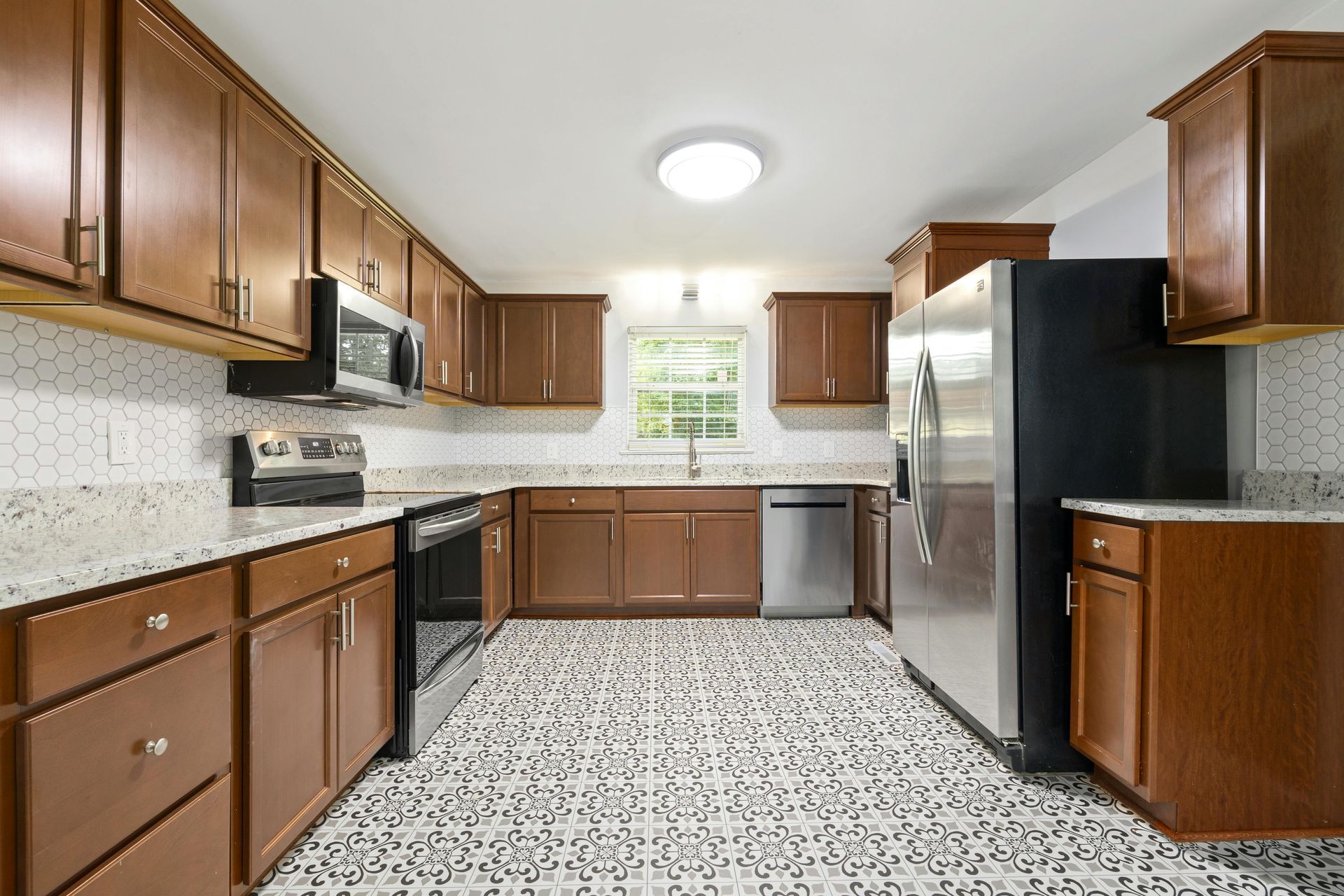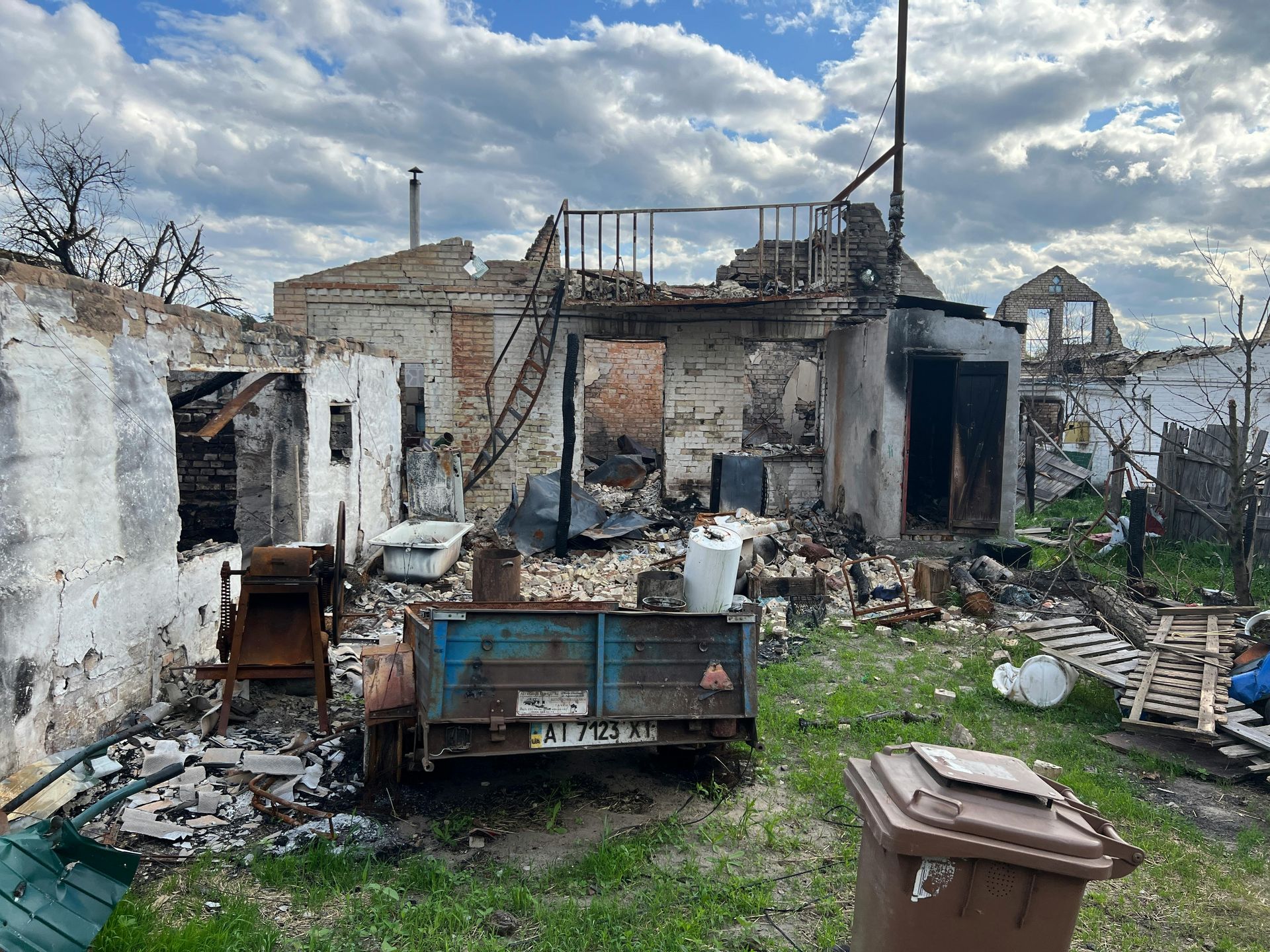Permitting and Zoning for ADUs in Jacksonville
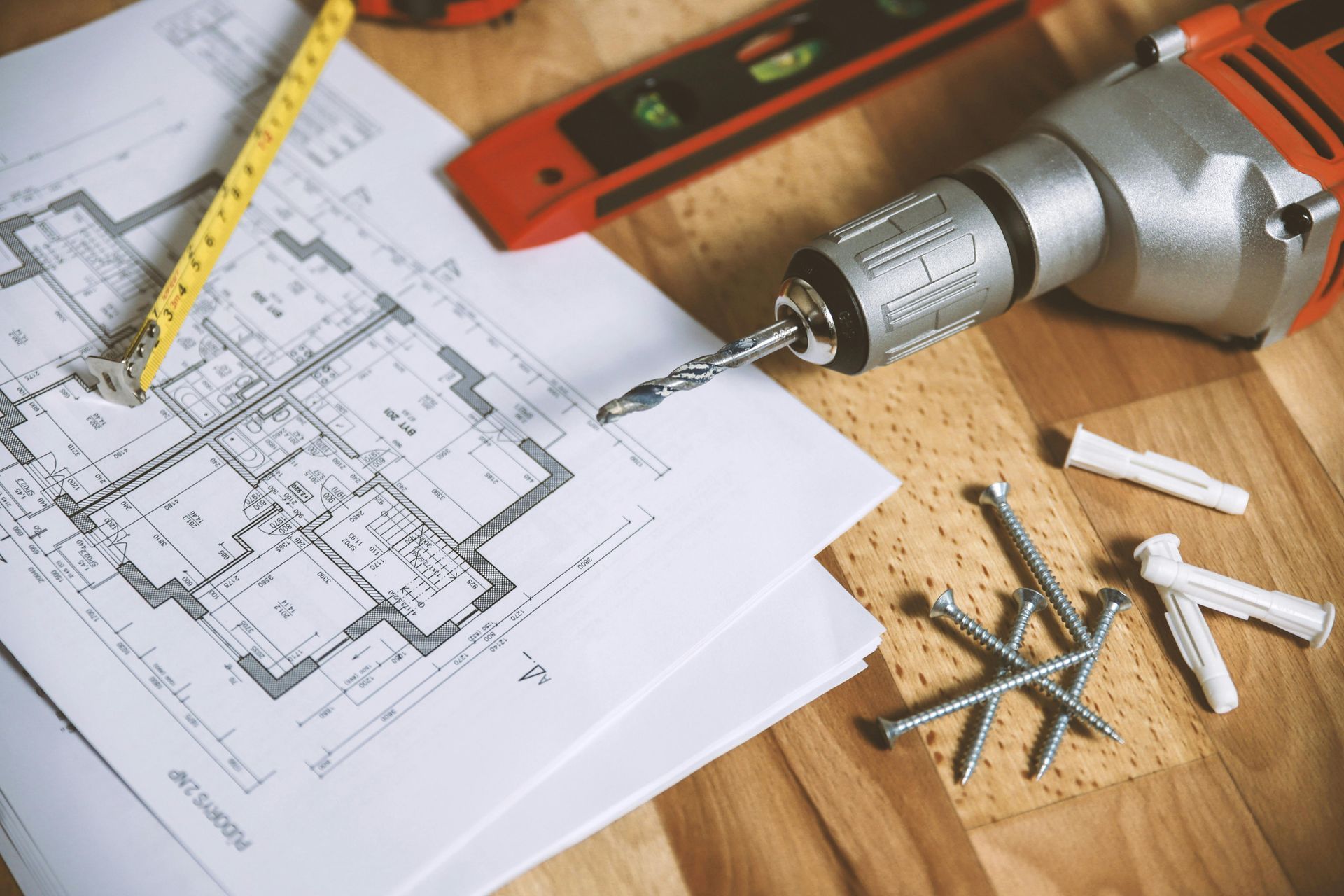
Building an Accessory Dwelling Unit (ADU) in Jacksonville can be a smart investment. ADUs not only increase property value but also provide flexible housing solutions for family members or tenants. If you’re considering adding an ADU to your property, understanding the permitting and zoning process is important. This guide breaks down the essential details to help you navigate these regulations and bring your ADU project to life.
Understanding ADUs in Jacksonville
Accessory Dwelling Units, often called granny flats or backyard cottages, are secondary residential structures on the same lot as a primary home. These units have become increasingly popular due to their affordability and functionality.
Definition and Purpose of ADUs
An ADU is a self-contained living unit with its own kitchen, bathroom, and sleeping area. It can be attached to the main house or built as a standalone structure. ADUs are designed to meet the diverse housing needs of families, from providing space for aging parents to creating rental income opportunities.
Recent Legislative Changes Impacting ADUs
Jacksonville has updated its regulations to address the growing demand for affordable housing. Recent changes include streamlined permitting processes and updated zoning laws, making it more straightforward for homeowners to add an ADU to their property.
Zoning Regulations for ADUs
Zoning regulations are the backbone of the approval process for Accessory Dwelling Units (ADUs) in Jacksonville. These laws outline where ADUs can be built, how large they can be, and how they should look. Understanding these regulations ensures your project aligns with community standards and avoids legal issues.
Permitted Zoning Districts for ADUs
In Jacksonville, ADUs are primarily allowed in residential areas, specifically zones designated for single-family housing. This is because ADUs are intended to complement existing residential neighborhoods rather than introduce high-density housing. The zoning classification of your property plays a critical role in determining whether you can construct an ADU.
Steps to verify zoning compatibility:
- Online Zoning Tools: Use the city’s interactive zoning map to identify your property’s classification.
- Contact the Planning Department: Discuss your plans with local zoning officials to clarify any gray areas.
- Review Local Codes: Familiarize yourself with Jacksonville's municipal code for detailed zoning descriptions.
By verifying your property’s zoning designation upfront, you can save time and ensure your ADU plans are feasible from the start.
Size and Placement Restrictions
Jacksonville's zoning rules impose limits on the size of ADUs to maintain a balance between the primary residence and the additional unit. This is measured as a percentage of the square footage of the main home, ensuring that the ADU doesn’t dominate the property.
Key considerations for ADU size:
Setback requirements and property line clearances are vital. These rules not only protect neighbors’ privacy but also ensure proper access for maintenance and safety. Ignoring these rules could lead to costly modifications or legal challenges.
Design and Aesthetic Requirements
To preserve the character of Jacksonville's neighborhoods, ADUs must adhere to specific design and aesthetic guidelines. These rules ensure that new structures blend seamlessly with the surrounding environment and the primary residence.
Typical design guidelines include:
- Architectural Consistency: ADUs should match the design elements of the main house, such as roof style, siding materials, and paint color.
- Window Placement: To protect neighbor privacy, some regulations restrict window placement on certain sides of the ADU.
- Landscaping: Properties with ADUs may be required to incorporate landscaping features to soften the visual impact of the additional unit.
In some cases, neighborhoods with historical designations may impose stricter guidelines to preserve the area’s heritage. Working with a professional familiar with local building codes can help ensure your design aligns with these requirements while meeting your vision.
Permitting Process for ADUs
Obtaining a permit for an Accessory Dwelling Unit (ADU) is a critical step in ensuring your project adheres to Jacksonville’s safety and building standards. The permitting process not only guarantees compliance with legal requirements but also protects you from potential fines or forced modifications later.
Steps to Obtain an ADU Permit
The process of acquiring a permit involves several phases, each requiring careful attention to detail. Here’s how to navigate them effectively:
- Research Requirements: Begin by reviewing Jacksonville’s ADU guidelines and compiling a list of necessary documents.
- Prepare Plans: Work with a qualified designer to create detailed blueprints.
- Submit Application: File your plans and paperwork with the city’s permitting office.
- Inspection and Approval: After approval, schedule inspections at key construction milestones to ensure compliance.
Required Documentation and Fees
When applying for a permit, you’ll need:
- A site plan showing the location of the ADU
- Construction drawings
- Proof of zoning compliance
Fees associated with ADU permitting vary based on factors like the size of the structure and the complexity of the project. Budgeting for these fees early in the process can help avoid surprises. Some typical costs include application fees, impact fees, and inspection fees.
Common Challenges and How to Overcome Them
The permitting process for ADUs can be complicated, with homeowners frequently encountering challenges such as:
Incomplete Applications
Missing documents or incomplete forms can delay the review process. To prevent this:
- Use a checklist to ensure all required paperwork is included.
- Verify submission requirements with the city’s permitting office.
Zoning Conflicts
Zoning issues, like setbacks or exceeding size limits, can result in application rejection. Address these challenges by:
- Consulting zoning maps before designing your ADU.
- Seeking clarification from zoning officials if your property falls in a gray area.
Unexpected Fees
Additional fees, like impact or utility connection fees, can arise unexpectedly. To avoid financial surprises, research potential fees during the planning phase and consult professionals who specialize in ADU permitting to get a clear picture of costs upfront.
Professional Assistance
Navigating Jacksonville’s ADU permitting process can be time-consuming and complex, but Sunshine State offers a seamless solution. With extensive experience in ADU construction and permitting, their team manages the entire process from start to finish. Here are the benefits of seeking professional assistance when getting a permit:
- Save Time: They handle paperwork, zoning reviews, and inspections, ensuring your project progresses without delays.
- Avoid Errors: Their expertise minimizes the risk of incomplete applications or zoning conflicts.
- Comprehensive Services: From custom design to construction and permitting, they provide end-to-end solutions.
- Compliance Assurance: They stay updated on Jacksonville’s regulations, ensuring your ADU meets all legal requirements.
By partnering with professionals like Sunshine State, you can focus on your vision for your ADU while their team takes care of the details.
Compliance and Legal Considerations
Staying compliant with local laws is not just about getting permits—it also ensures your ADU remains a valuable and legal addition to your property.
Owner-Occupancy Requirements
Many jurisdictions, including Jacksonville, require homeowners to live on the property where the ADU is located. This rule helps preserve the residential character of neighborhoods.
Rental and Occupancy Restrictions
While ADUs are great for generating rental income, there may be limits on the type of tenants you can have or how long they can stay. Short-term rentals like Airbnb might require additional permits.
Consequences of Non-Compliance
Building an unpermitted ADU can lead to fines, demolition orders, or difficulties selling your property in the future. Ensuring compliance from the start can save you these headaches.
Conclusion
Creating an ADU in Jacksonville is a rewarding endeavor that can enhance your property’s value and provide flexible housing options. By understanding the permitting and zoning requirements, you can avoid common pitfalls and ensure your project complies with local laws.
